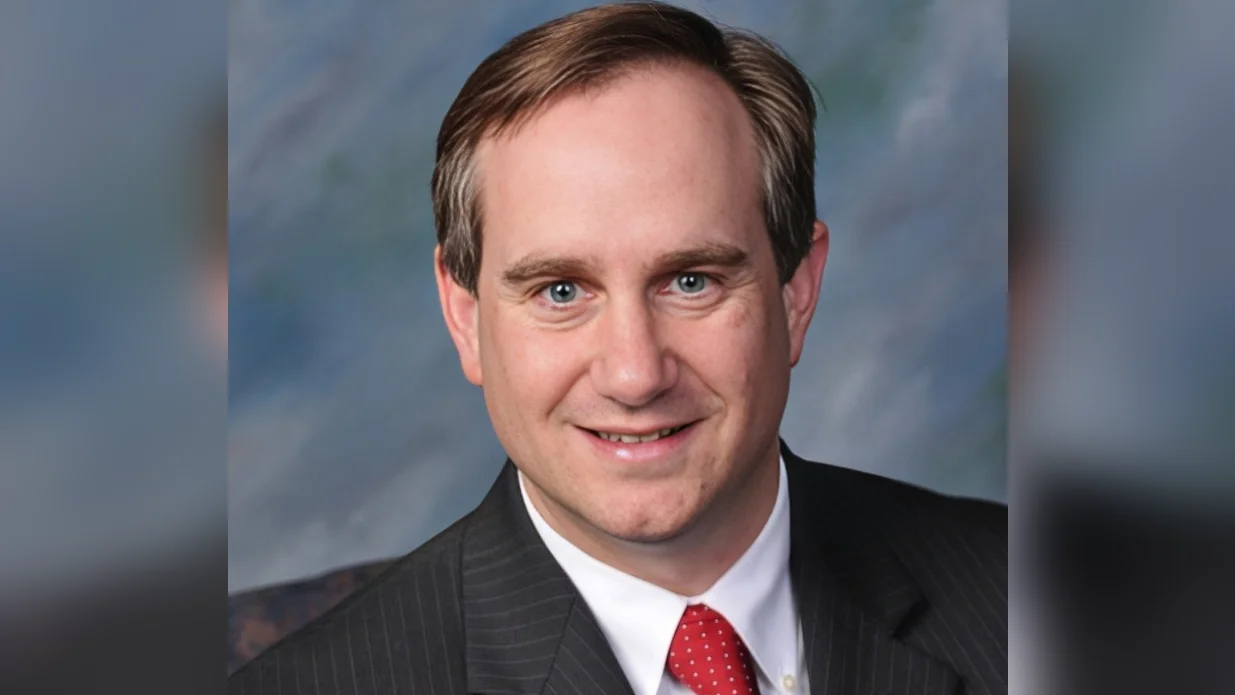
The economy of New Jersey faces significant challenges amidst recent developments concerning state governance and federal economic policies. President Trump's tariff announcement adds to a period of uncertainty already complicated by Governor Murphy's proposed record-high state budget. This budget suggests $1.2 billion in new taxes and fees alongside increased spending. Additionally, anticipated federal aid cuts threaten to disrupt the state's financial plans and impact services for residents.
The tariff declaration has intensified an already volatile situation. "It feels like the perfect storm for New Jersey," stated Tom Bracken, President and CEO of the New Jersey Chamber of Commerce. He also highlighted the varied opinions among analysts about the tariffs. While some think these measures could benefit the U.S. economy, others warn that they might cause a recession.
Bracken emphasizes the need for support for New Jersey businesses during this uncertain period, especially if negative outcomes emerge. He called for the state government to treat the situation as an economic emergency and urged action to address state finances. According to Bracken, "this is the worst possible time to increase state taxes and spending." Governor Murphy's proposal for a $58.1 billion state budget could exacerbate problems.
Bracken suggests several measures to stabilize the economy, including prioritizing business support, avoiding harmful tax increases, increasing allocations for higher education, and restoring cuts to the Main Street Recovery Fund. The aim is to create a favorable environment for business expansion despite challenges.
The urgency becomes evident with indicators showing economic strain. Businesses in New Jersey announced over 3,600 layoffs in early 2025, more than double the previous year's figures. Additionally, Corporation Business Tax collections decreased by $128.6 million compared to the prior year. Federal Reserve Chair Jerome Powell and economist Bruce Kasman from JPMorgan Chase have both issued warnings regarding the potential impacts of tariff policies.
Neil Bradley, chief policy officer at the U.S. Chamber of Commerce, mentioned that tariffs might raise consumer prices dramatically. According to analysts, this could lead to a $4,000 increase in costs per family.
These issues underscore the importance of proactive measures to secure New Jersey's economy. "Nothing should have a higher priority for the administration and Legislature than the economy," concludes Bracken. The emphasis remains on adopting policies encouraging investment, job creation, and economic resilience in the face of impending challenges.
This message was originally published in ROI-NJ.